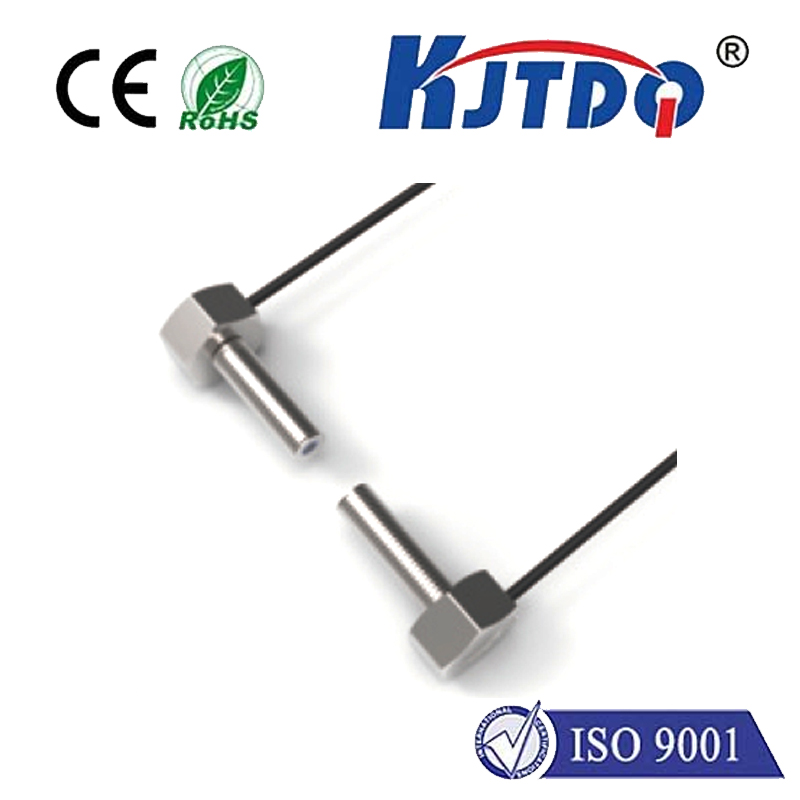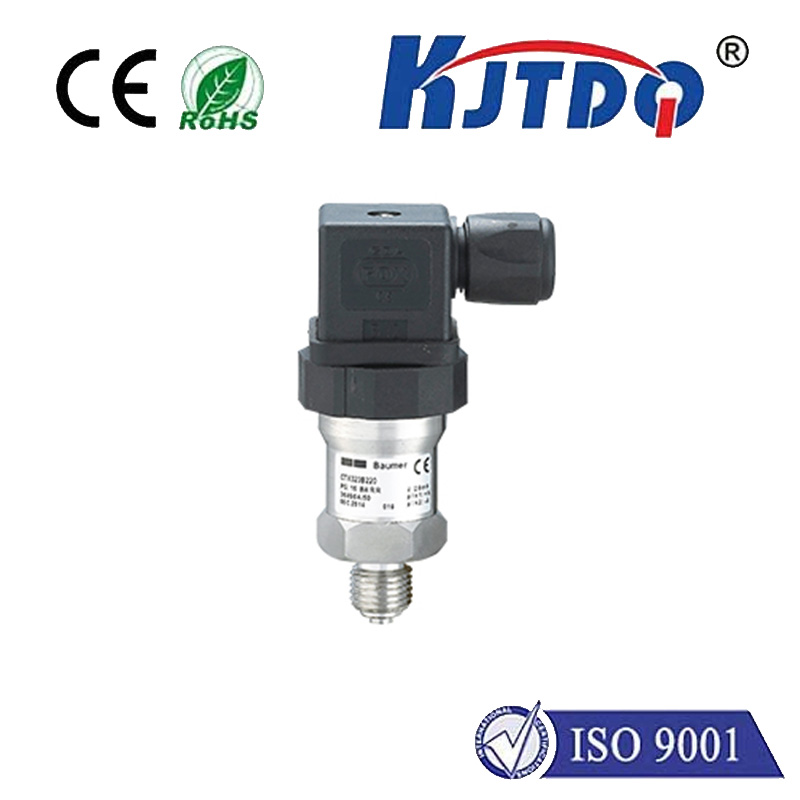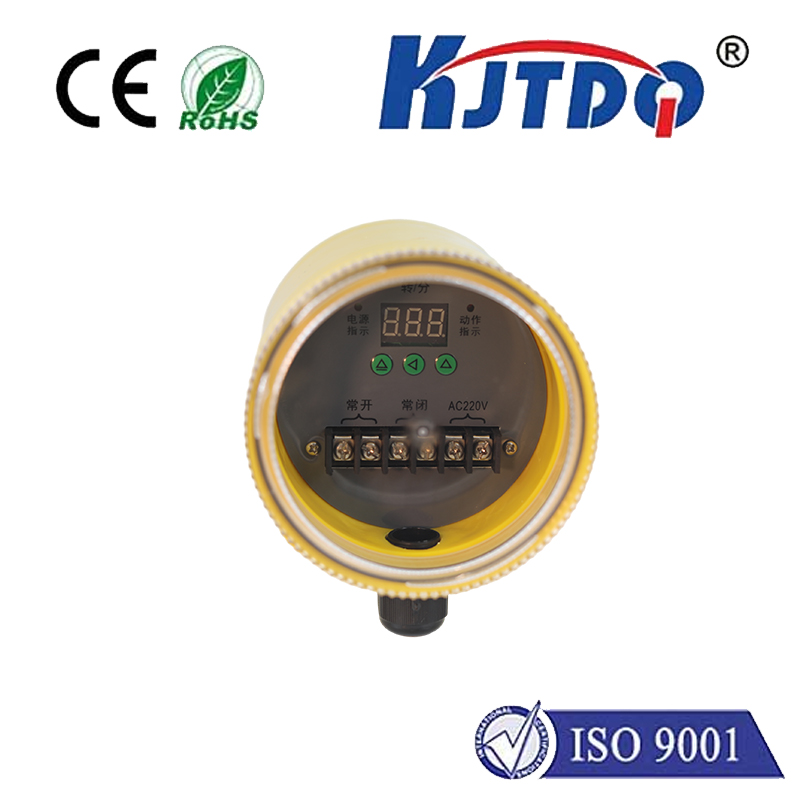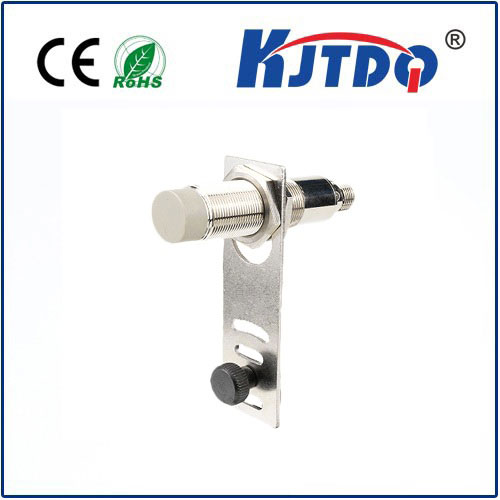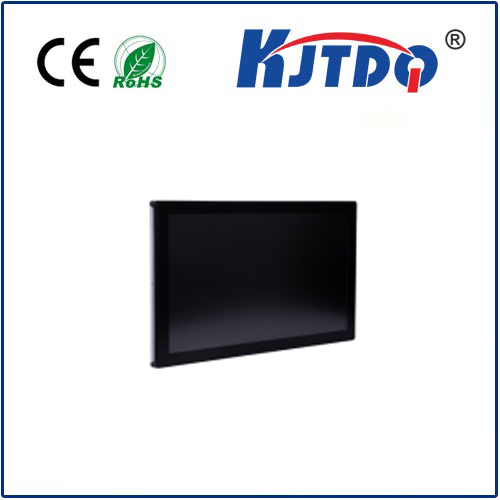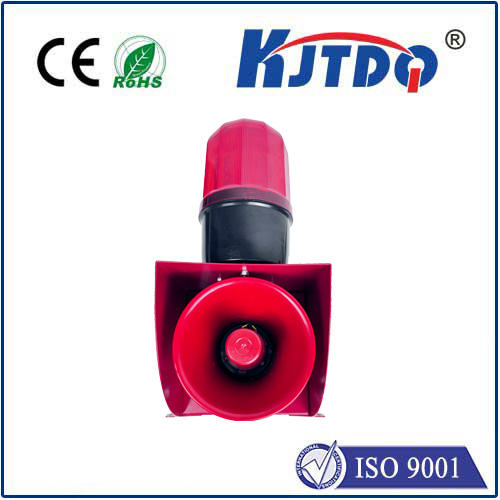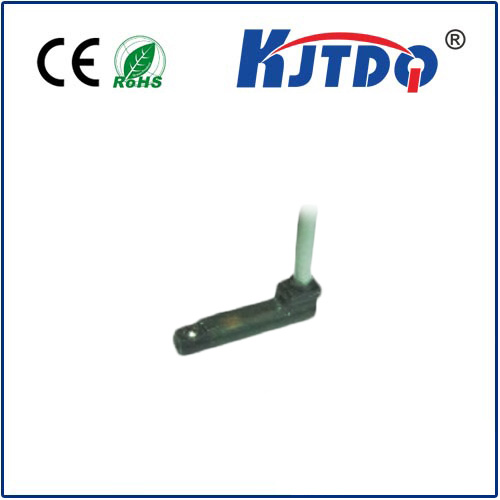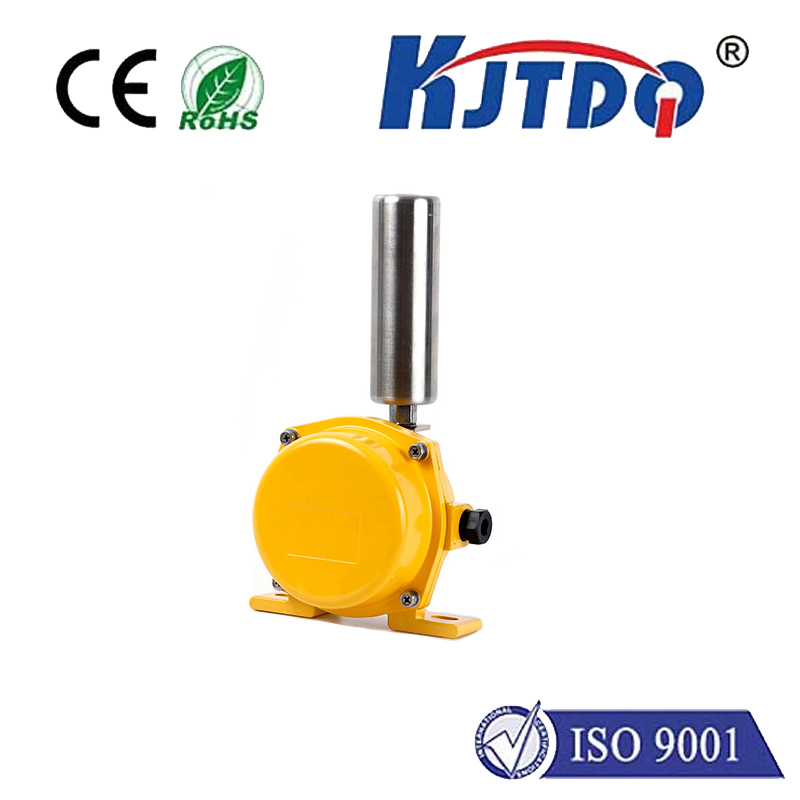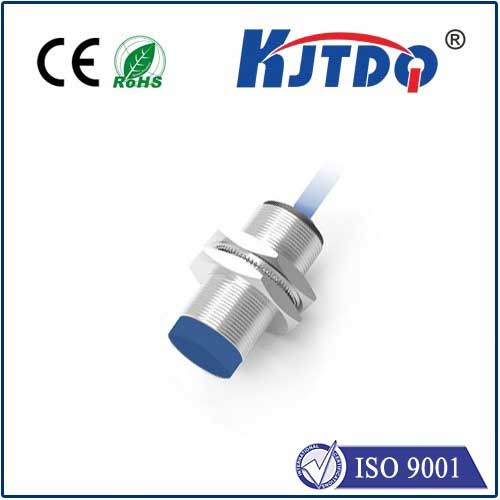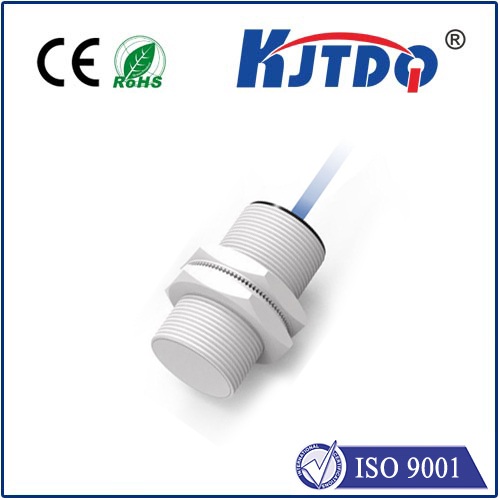
check

check

check

check

Pressure Measurement Transducer: An Essential Tool in Industrial Processes In the realm of industrial processes, accurate measurement and monitoring are crucial for ensuring efficiency, safety, and quality. One vital instrument that plays a significant role in this aspect is the pressure measurement transducer. This device serves as a converter, transforming pressure into an electrical signal that can be easily measured and recorded. In this article, we will delve into the workings, applications, and benefits of the pressure measurement transducer. Understanding the Basics of Pressure Measurement Transducers A pressure measurement transducer functions by detecting changes in pressure and converting them into a proportional electrical signal. The most common type of pressure transducer is the strain gauge-based transducer, which uses a flexible diaphragm or beam to sense pressure variations. As the pressure applied to the diaphragm increases or decreases, it causes deformation in the strain gauge, leading to a change in electrical resistance. This resistance change is then measured and converted into a corresponding pressure value. Another popular type of pressure transducer is the capacitive transducer, which operates based on the principle of capacitance. In this design, two conductive plates separated by a dielectric material form a capacitor. When pressure is applied to one of the plates, it causes a change in the distance between the plates and hence alters the capacitance. This change is measured and translated into a pressure reading. Applications Across Industries Pressure measurement transducers have found widespread use across various industries due to their reliability and accuracy. In the oil and gas sector, they are employed to monitor wellhead pressures, pipeline pressures, and separator pressures. These measurements help ensure optimal production rates, prevent equipment damage, and maintain worker safety. In the automotive industry, pressure transducers are used in tire pressure monitoring systems (TPMS) to provide real-time data on tire inflation levels. This information helps improve fuel efficiency, optimize vehicle performance, and enhance passenger safety. Additionally, pressure transducers are found in brake systems, where they monitor hydraulic pressure to ensure responsive braking performance. The food and beverage industry also leverages pressure transducers for process control applications such as monitoring pasteurization processes, carbonation levels in soft drinks, and sterilization cycles. Accurate pressure measurement in these processes ensures product consistency, quality, and safety. Benefits of Pressure Measurement Transducers One of the primary advantages of using pressure measurement transducers is their ability to provide highly accurate measurements over a wide range of pressures. This precision allows for precise control of industrial processes, leading to improved efficiency and reduced waste. Moreover, pressure transducers offer fast response times, enabling real-time monitoring and adjustment of pressure levels as needed. Another benefit of pressure measurement transducers is their durability and long lifespan. These devices are designed to withstand harsh industrial environments, including extreme temperatures, vibrations, and corrosive substances. This robustness ensures reliable operation and minimizes maintenance requirements. Furthermore, pressure measurement transducers can be easily integrated into automated control systems, allowing for seamless data acquisition and analysis. This integration enables remote monitoring and control capabilities, enhancing overall process management and reducing operational costs. Conclusion The pressure measurement transducer is an indispensable tool in various industrial processes, providing accurate and reliable pressure measurements critical for efficient operation and safety assurance. With its diverse applications ranging from oil and gas production to automotive systems and food processing, this versatile device offers numerous benefits such as precision, durability, and ease of integration. As technology continues to advance, we can expect even more innovative developments in pressure measurement transducers, further revolutionizing industrial processes worldwide.
